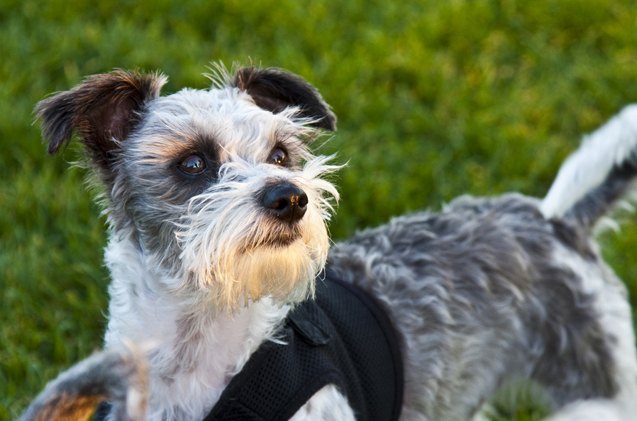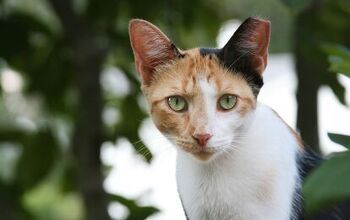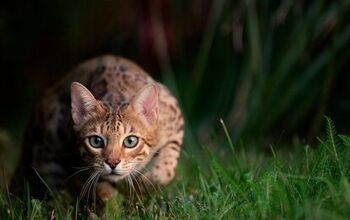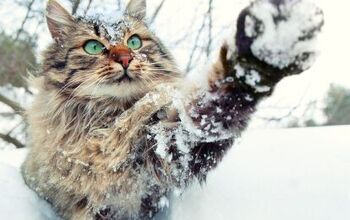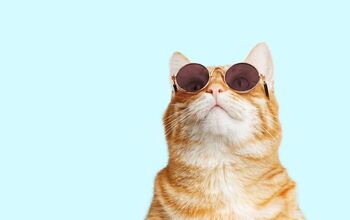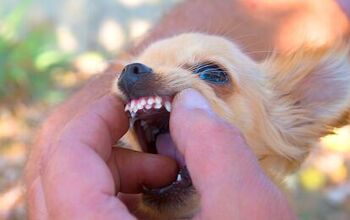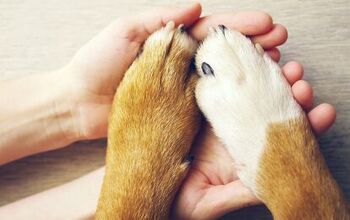Mauzer


About Mauzer
The Mauzer may be a little dog, but he can be fierce. These pooches aren’t afraid to alert you to the presence of suspicious activity or intruders, so if you’re searching for a companion who has adorable looks and a loyal and protective personality, this breed could be the perfect fit.
Below are a few interesting facts about Mauzers. Learn more about these dogs to decide if you’d like to introduce one into your family.
The Mauzer is a cross between a purebred Miniature Schnauzer and Maltese.
The Mauzer is a designer dog breed from the United States.
The Mauzer is a cross between a purebred Miniature Schnauzer and Maltese.
When it comes to nourishing your furry friend, it’s always best to choose a high quality diet that has been specially formulated for canines.
It’s important to note that these dogs can become bored with the same diet, but they can also get sick if their diet is too irregular. Always be aware of what your dog is eating, as well as when he’s eating. Also consider providing your pet with some variety, such as in the form of homemade recipes for dogs or yummy dog treats.
If you’re planning on giving your companion a high quality dog food each day, you can feed him ¾ cup to 1½ cups of food divided into two meals. You can also provide your dog with a high quality canned food, but reduce the amount of dry food that he eats so he won’t gain too much weight.
The Mauzer can be described as energetic, funny, and feisty, as well as joyful and playful.
Training your Mauzer should be moderately easy. Although these little dogs are smart, they can be stubborn, too. Also, the sooner you can begin training your dog, the better, so start while he’s still a puppy. Plus, because these dogs like to nip, training will play an integral role in controlling any aggressive behaviors as well.
Training sessions should be positive and consistent. You need to establish yourself as your dog’s pack leader, and you need to be firm without being harsh. Use treats, praise, and rewards to encourage your pet to behave at his best.
When it comes to house training, the Mauzer could be a bit of a challenge, so you might want to implement crate training and use puppy pads, or perhaps even consult a professional dog trainer for help.
A toy-sized breed, the Mauzer weighs between 7 and 20 pounds.
Even though Mauzers make great family dogs, particularly when they’re properly trained and socialized to get along with everyone, they do tend to bond with a single person in the family. Once comfortable, these dogs will be affectionate and ask for plenty of attention and love in return for their devotion to you. You may even find your dog following you around the house just to be near you.
This is a fun-loving and happy breed, but these dogs do have a tendency to yap whenever they see or hear anything out of the ordinary or when they hear other dogs barking. Although they’re protective and alert, Mauzers can also nip and exhibit a boldness that will require training to keep you in control.
The Mauzer may not be the best choice for families with young children, but might be better with older children who know how to avoid this breed’s nipping. Also, these dogs tend to become jealous when children are receiving more attention than they are.
Overall, these pooches can be described as energetic, funny, and feisty, as well as joyful and playful. When your pet isn’t playing or keeping watch, he’ll gladly spend time cuddling with you.
Like other hybrid breeds, the Mauzer might be susceptible to the health problems that commonly affect its parent breeds. But it’s important to know that there’s no way to determine the long-term health of an individual dog, and hybrid canines are surprisingly hardy and healthy. There really is no guarantee that an individual Mauzer will even inherit any health problems from his parents. Nevertheless, as a pet owner, it’s a good idea to know what to look for, just in case symptoms do arise.
Mauzers may be prone to conditions that include collapsed trachea, reverse sneezing, urinary stones, liver problems, patellar luxation, hypoglycemia, Von Willebrand disease, eye problems, congenital megaesophagus, myotonia congenita, and white dog shaker syndrome.
The Mauzer has an average lifespan of 12 to 15 years.
These small, active dogs require daily exercise. If your pet isn’t provided with various ways to release his physical energy, as well as be mentally stimulated, he’ll begin exhibiting negative behaviors.
You can take your Mauzer for a long walk each day, or you can stick with two or more shorter walks. You can also give him a variety of toys to play with indoors and outside, you can take a trip to the local dog park, or you can let him play off-leash in your enclosed backyard.
The Mauzer is a fun-loving and happy breed, but can be yappy.
The Mauzer is not recognized by the American Kennel Club, as it is considered to be a hybrid breed. However, this breed is recognized by the American Canine Hybrid Club (ACHC), the Designer Breed Registry (DBR) the Designer Dogs Kennel Club (DDKC), the Dog Registry of America, Inc. (DRA), and the International Designer Canine Registry (IDCR).
The hypoallergenic, low-shedding coat of the Mauzer could be rough or silky soft. It could also be long or short.
To keep your dog’s fur clean and healthy, brush him at least two times weekly. Don’t bathe your dog unless he’s too dirty, as frequent bathing could lead to skin problems. Choose a shampoo designed for dogs with sensitive, dry skin when you do need to bathe him.
If your Mauzer has long hair, a professional groomer can clip the hair, and your pooch may also need the hair on his paws clipped regularly as well.
The Mauzer is a toy breed that will be small as an adult, so puppies will be tiny and delicate. Handle your puppy with care to prevent injuries.
Allow your puppy to interact with a variety of people and animals from as early on as possible. This socialization will play an integral role in teaching your pooch to get along well with children and other pets.
Photo credit: Jacob Nelson/Flickr

Lisa Selvaggio is a freelance writer and editor, and our resident cats-pert, with certifications in pet nutrition and pet first aid. She enjoys producing content that helps people understand animals better so they can give their pets a safe and happy home.
More by Lisa Selvaggio



